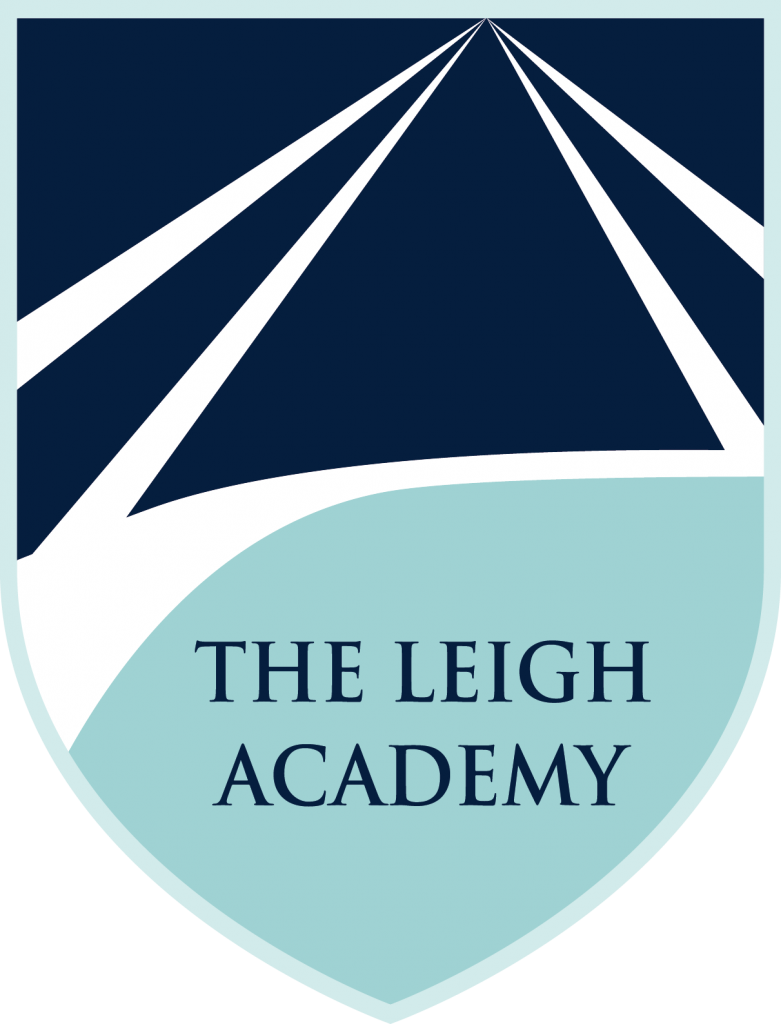Our aim is to devise a Media curriculum that allows students to think critically about the world around them, analysing the visual and audio elements that form our way of life. Through the discovery of subject specific words and textual study – students will be able to explain the deeper meanings and effects created for an audience. During their two years studying GCSE Media students will engage with the four main skills of Media – representation, language, audience and institutions – providing a sound and rounded understanding of the subject to take forward into further education or a career.
This course should enable students to:
- Access all key concepts in year 10 whilst studying them in increasing complexity for the two years. In year 10 students study a variety of exam preparation case studies in each module, allowing them time to embed a mixture of the previously mentioned key skills along with a particular media product focus before they move on.
- Develop knowledge of the case studies, students are also required to plan and create a practical piece – based around five briefs that range from magazine articles to audio recordings or even a filmed product. Students are responsible for applying all of the key skills they have obtained and using them creatively to produce a realistic and professional design.
- Consolidate their learning across both disciplines in preparation for two final exams in which they will tested upon their knowledge theoretical, analytical and practical frameworks.
The exams and non-exam assessment will measure how students have achieved the following assessment objectives:
- AO1: Demonstrate knowledge and understanding of:
- the theoretical framework of media
- contexts of media and their influence on media products and processes
- AO2: Analyse media products using the theoretical framework of media, including in relation to their contexts, to make judgements and draw conclusions
- AO3: Create media products for an intended audience, by applying knowledge and understanding of the theoretical framework of media to communicate meaning
Students will be supported with a number of different types of assessment materials to ensure they reach their full potential in their GCSE Media Studies examinations and NEA Coursework submissions including:
- Teacher designed support guides and resources
- Google drive folder containing all resources for students
- Google classroom access including all guidance
- Lesson by lesson electronic guidance
- Access to video links and CSP revision website
Schedule of learning
- Module 1: Online Participatory and Music Video
- Module 2 : TV Production and Print
- Module 3: Video Game and Film Production
- Module 4: Magazine and Newspaper
- Module 5: NEA coursework – statement of intent and pre-production
- Module 6: NEA coursework – Production
Exam Board Information
Additional Resources
- Available via google drive


